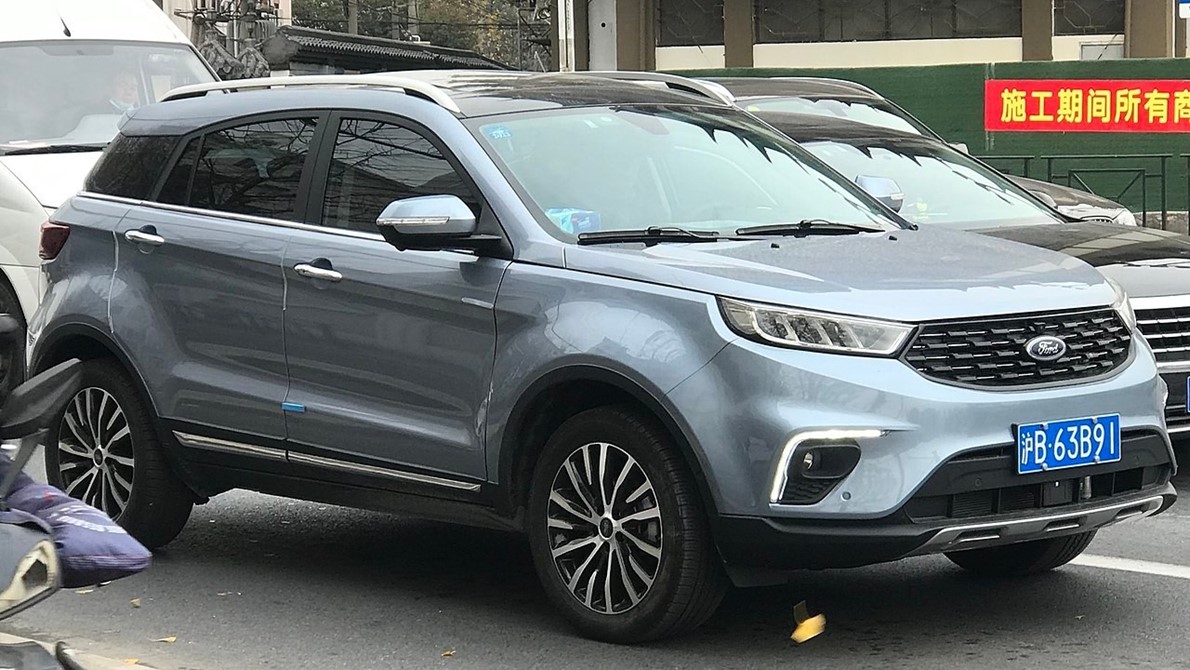Chinese electric cars gained popularity due to aggressive
Chinese trade offices social media promotion campaigns, but also because their
wholesale prices or prices that come with special offers are significantly
lower than normal prices.
اضافة اعلان
The discounted prices at Chinese trade offices can be
attributed to several reasons. One is the negative impact of the
COVID-19 pandemic on car sales in the Chinese market; another is the fact that these
cars were not successful in the Chinese market for design or performance
reasons. This may account for Chinese trade offices’ increased urgency to
liquidate the vehicles at discounted prices by re-exporting them to car dealers
worldwide, including Jordan.
Car traders in the
Amman and Zarqa free zones would not want
to miss this profitable opportunity, especially considering the sizable profits
they can make by providing electric cars at competitive prices — prices much
lower than those of other types of new electric cars available in the local
market.
The Chinese electric cars include brands like
German Volkswagen and American Ford that were
developed and manufactured for the Chinese market in cooperation with major
state-owned auto manufacturing Chinese companies such as SAIC and FAW.
 (Photo: Wikipedia)
(Photo: Wikipedia)
But because these electric cars are manufactured and
intended for the Chinese market exclusively, the official dealerships in
Jordan, on behalf of the global manufacturing companies for both Volkswagen and
Ford, publicly announced that they are under no obligation to provide
after-sales services or original spare parts for them.
And since these cars do not have a manufacturer warranty
outside China, Jordanian agents cannot order spare parts. They are not even
allowed to obtain special tools or computer software necessary to perform
check-ups or update the systems of those new cars, especially batteries, which
need to be updated periodically.
However, according to car service experts, these guarantees, no matter how wide their contractual coverage, will fall short compared to the real factory warranty, especially in terms of car battery, which constitutes almost half of the car value.
Local traders seem to have found a makeshift solution to the
warranty problem. They reached agreements with local maintenance centers, which
service all cars and offer commercial spare parts. However, according to car
service experts, these guarantees, no matter how wide their contractual
coverage, will fall short compared to the real factory warranty, especially in
terms of car battery, which constitutes almost half of the car value.
Moreover, most local insurance companies are reluctant to
provide comprehensive insurance coverage for new electric cars imported from
China due to the absence of maintenance and repair services and original spare
parts from authorized dealers. So, buyers considering buying insurance policies
for these cars must understand and expect body parts shortage issues and delays
in fixing their vehicles if an accident occurs.
Despite this, demand for these cars remains strong. But will
the sales momentum continue once buyers realize the importance of having a
manufacturer warranty, or will the expected growth of an “eco-system” of
alternative services with used and new parts ease these issues?
More importantly, will public authorities concerned with
consumer rights and trade regulations take charge of this unregulated market
situation and set rules that would protect consumers?
Time will tell.
Read more Drive




